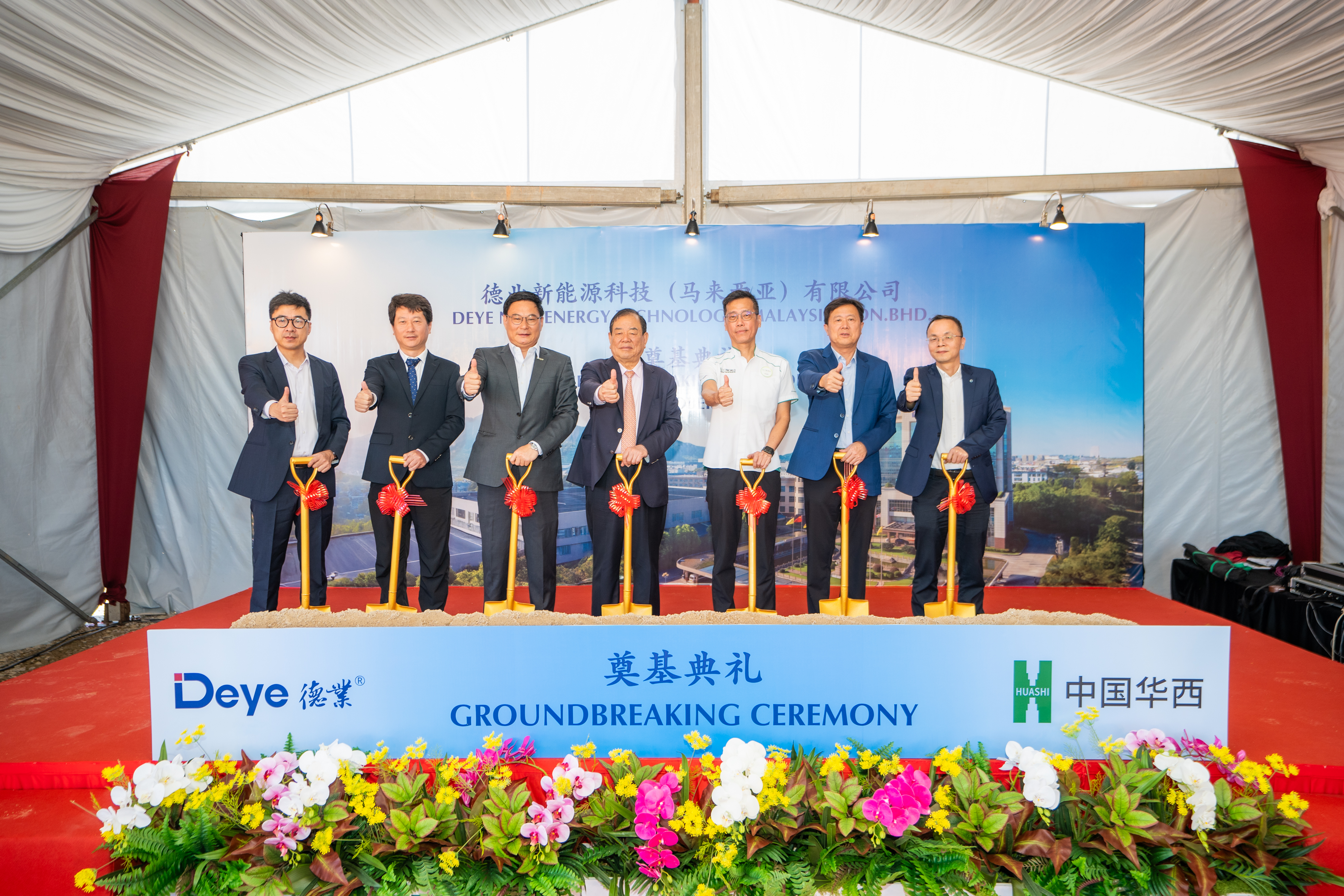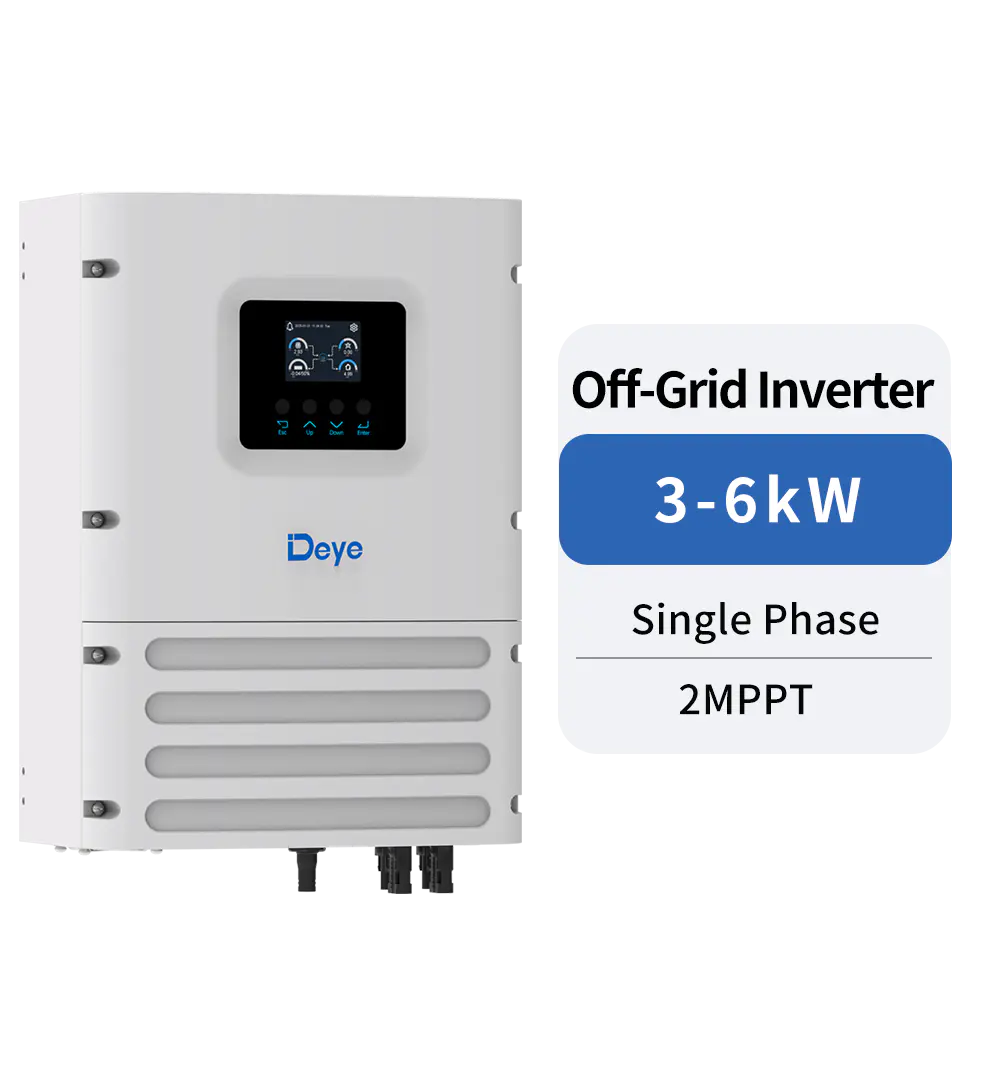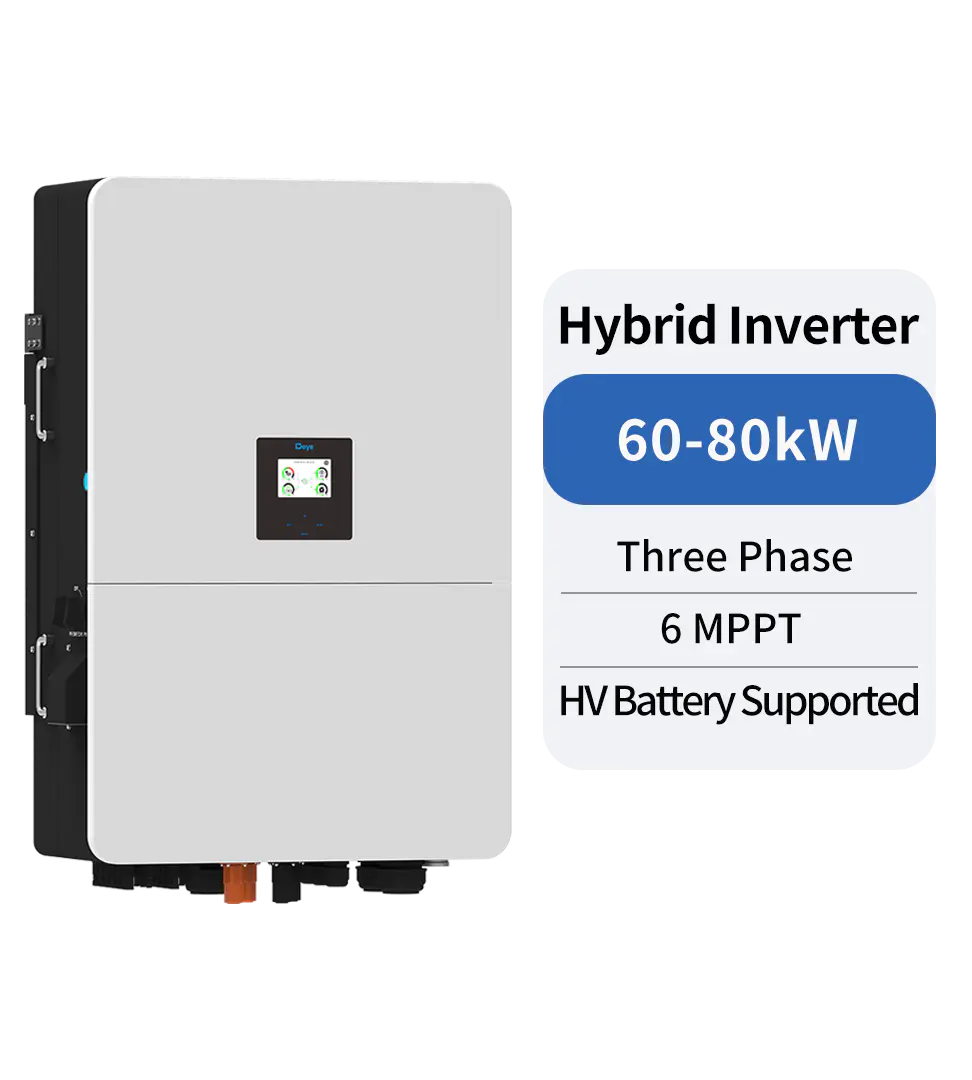Technical Topics
What is a Microinverter
A microinverter is a device that connects to a solar panel and converts DC (direct current) electricity into AC (alternating current), which can power your household appliances or be sent into the grid for energy credits.
Inverters are the heart of any solar system and have a few different benefits. One of the biggest is performance.
Cost
There are many factors to consider when determining the cost of your solar system. These include how much energy production you expect, how much the system will cost to install, and how many panels you need to power your home.
Microinverters are generally a higher up-front investment than string inverters, but the increased efficiency can pay off in the long run. This is especially true for homeowners with limited roof space, a difficult roof orientation or those with shading from trees or snow lines.
It’s also worth mentioning that micro-inverters do come with some disadvantages. One is that they’re more likely to have failure points and require maintenance down the road.
Another is that they’re more costly than central string inverters, mainly because they need to be affixed to the back of every solar panel. This can add up to a lot of installer labor hours, so it’s worth weighing the costs carefully before making a decision.
Efficiency
The efficiency of a solar panel system depends on many factors, including the quality of panels and microinverters. Homeowners should select high-quality solar panels and microinverters to maximize their energy output.
Unlike string inverters, microinverters can track individual panels, which means they’re more likely to yield the max. amount of energy possible for your solar array. This also allows homeowners to know if they have any underperforming solar panels, which can help them address the issue and improve performance.
Another important benefit of a microinverter is that it converts the extra DC power generated by each panel into AC power at the panel level. This reduces the risk of arcing, which can damage wires and guide to fires.
The microinverter system also has fewer points of failure than string inverters, which can be helpful when handling large systems. This makes them more reliable and less costly to install. They also come with warranties up to 25 years.
Flexibility
If you have a solar panel system, it will need an inverter to convert the DC energy produced by your panels into AC energy that is usable with more appliances. The inverter will also help prevent overheating and damage to your solar panels.
A microinverter is a small inverter that can be integrated directly into your solar panels. These inverters are more flexible than traditional inverters and are often easier to work with for installers.
They can be adapted to a wide range of different solar panel types, and are also more adaptable for future expansion or maintenance. This flexibility can be a huge benefit to homeowners who want to expand their solar power system in the future, without having to replace the entire inverter system.
The microinverter has a module level monitoring function, which allows end users to monitor each individual solar module’s power production. This is an important feature because it can allow for easy maintenance and cleaning of each solar module.
Warranty
The Microinverter comes with a 25-year product warranty. This is a very impressive warranty and demonstrates the confidence in the products that manufacturers have.


PREV:The benefits of 4 MPPT micro-inverters
NEXT:Advantages of solar air conditioners
Share
Product recommendations
news recommendations
-

-
 Green Industry, Bright Future: Deye Distributor Summit – Dubai 2025 Concludes Successfully
Green Industry, Bright Future: Deye Distributor Summit – Dubai 2025 Concludes SuccessfullyIn November 2025, Deye Group successfully hosted the “Green Industry, Bright Future—Deye 2025 Dubai ...
-
 Deye’s Malaysia Johor Manufacturing Base Officially Breaks Ground — A Key Step Forward in Its Globalization Strategy
Deye’s Malaysia Johor Manufacturing Base Officially Breaks Ground — A Key Step Forward in Its Globalization StrategyOn October 2, 2024, Deye Group (hereinafter referred to as “the Company”) held a groundbreaking cer...

 China - 简体中文
China - 简体中文 Global - English
Global - English Brazil - Português
Brazil - Português Netherlands - Dutch
Netherlands - Dutch Italy - Italiano
Italy - Italiano Germany - Deutsch
Germany - Deutsch Spain - Español
Spain - Español France - Français
France - Français Vietnam - Tiếng Việt
Vietnam - Tiếng Việt Poland - Polski
Poland - Polski Australia - English
Australia - English Japan - 日本語
Japan - 日本語


